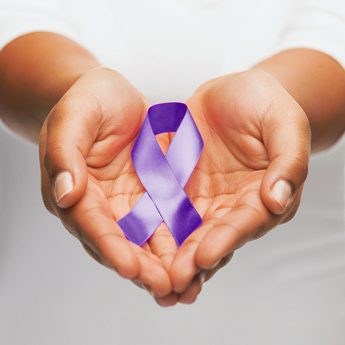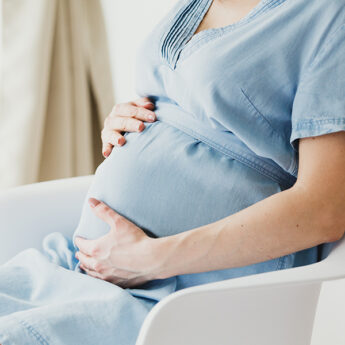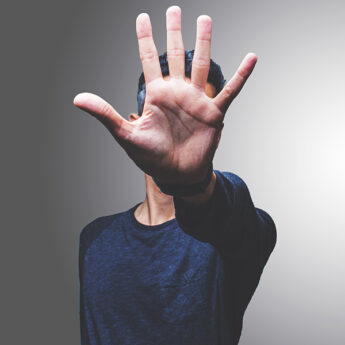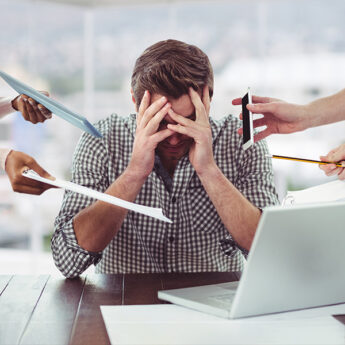Japan’s National Disaster Prevention Day is marked on 1 September, the date of the Great Kanto Earthquake in 1923 that resulted in the loss of 100,000 lives. Since 1960, drills have been conducted annually across Japan on this day to help people prepare for many types of disasters that can occur.
While managing the emotional toll of a disaster is important, it is often overlooked. How should we respond when a disaster happens? How do we stay centred? What is the best way to help children? How do you support those around you?
Research has shown that people across the globe struggle to cope with their experiences of disasters: this is a normal reaction. Even first responders struggle. Understanding how traumatic events affect us can help us to gain control of our lives again.
The most common reaction to an experience of disaster is hyper-vigilance: feeling over cautious and wary about things. Some people may experience headaches, muscle aches or stomach aches, as well as disruptions to sleeping and eating patterns. Others may have trouble concentrating, thinking clearly and making decisions, or feel sad, overwhelmed or angry. Others may withdraw and not want to discuss traumatic events.
Over time, as life gets back to normal, these feelings should decrease. But for some people, stressors can continue for months and years after a traumatic event. Children are especially sensitive and often struggle to make sense of disasters and other major disruptions in their lives. Common reactions for children of any age include:
- Sleep disturbances and nightmares
- Worries about the safety of self, family, friends or pets
- Increased sensitivity to sounds, such as sirens, loud noises or things falling
- Fears that another disaster will occur
- Decreased concentration and attention
- Withdrawal from friends, activities and social situations
- Becoming irritated and disruptive
- Physical complaints
- Strong reactions to reminders of the disaster, such as destroyed buildings or news reports
- Feelings of grief and loss
- Lack of interest in usual activities
Disasters remind us that we cannot control everything in our lives, but there are things we can do to help manage the emotional impact. Following the Great East Japan Earthquake, TELL developed a range of psychological first aid training programmes aimed at developing skills and competencies that help reduce initial distress for both adults and children. The training allows those directly involved—and first responders—to provide effective support to those affected by a disaster take back control of their lives and begin the road to recovery.
To learn more about the training and coping with disasters visit www.telljp.com
Coping after a disaster
- Allow yourself and family members to feel sadness, anger or grief and an opportunity to talk about these feelings.
- Establish an emergency plan and build an emergency supplies kit.
- Re-establish normal household and daily routines, limit inflammatory media exposure and demand responsibilities.
- Return to doing things you enjoy with friends and family.
- Be willing to accept help and make donations to those affected.
- Eat healthily, drink water, and get adequate rest and exercise.
- Avoid excessive amounts of caffeine and alcohol.
- Connect with others who experienced the event.
- Learn stress-reduction techniques such as meditation and deep breathing.
Supporting children
- Maintain a calm and emotionally appropriate response. Displaying excessive concern may reinforce a child’s anxiety.
- Spend time listening. Allow children to ask questions and express their concerns. Do not argue with the way they feel.
- Answer questions briefly and honestly. Be ready to admit you do not have all the answers. Explanations should be age-appropriate.
- Limit news exposure.
- Help children feel safe. Tell children what to do during a disaster.
- Maintain rules and routines to foster feelings of security. If it is difficult to maintain old routines, create new ones.
- Be aware of what is being said during adult conversations. Children may misinterpret what they hear and can be frightened unnecessarily.
- Calm worries about friends’ safety. Friendships may be disrupted due to the disaster.
- Encourage children to help with recovery, such as food drives or family activities.
- Be patient and give children extra attention if necessary.
- Spend more time with your children at bedtime. They may need to sleep close by temporarily.





